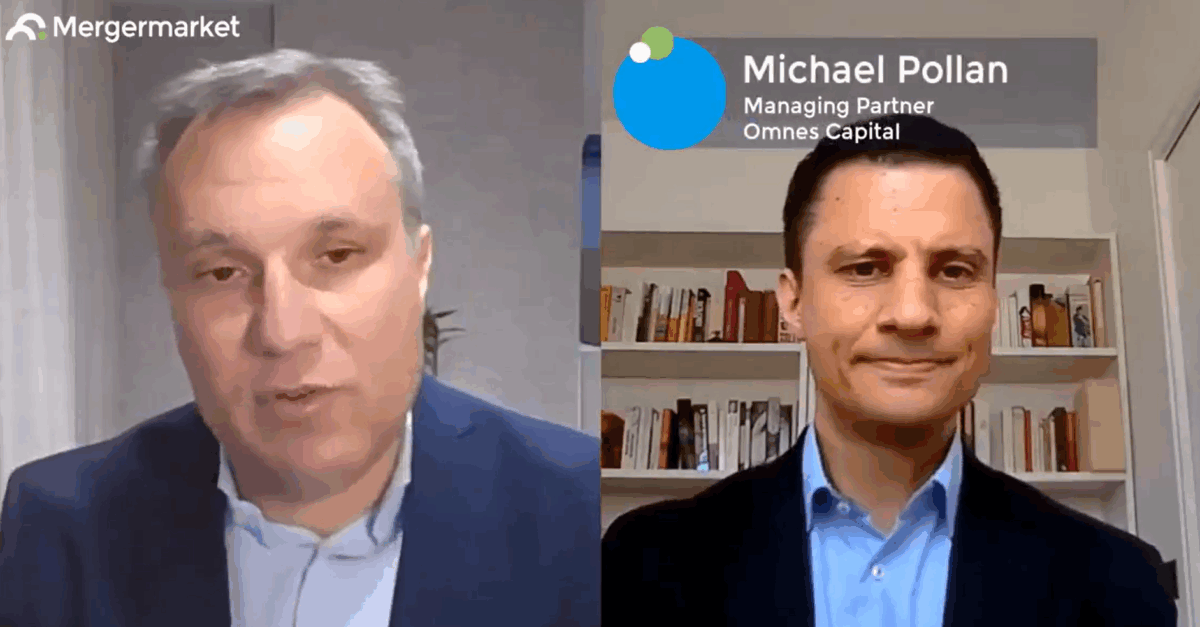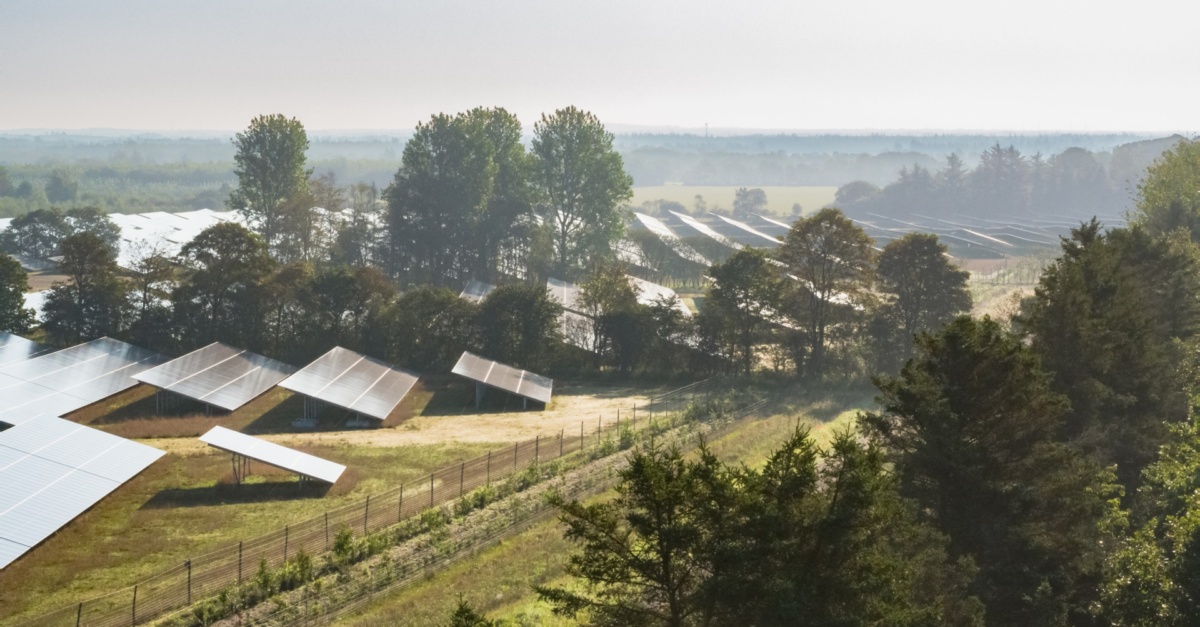Embracing decentralization: HOW OMNES LEADS EUROPE'S RENEWABLE ENERGY TRANSITION BY SUPPORTING LOCAL DEVELOPERS
Michael Pollan, Managing Partner at Omnes, sat down with Giovanni Amodeo, Chief Influencer Officer of ION Analytics, to discuss renewable energy in Europe, technology, and entrepreneurship.
Learn more
How has the renewable energy sector in Europe evolved over the past two decades?
Michael Pollan: The renewable energy transition in Europe has gone through three distinct phases. The first phase, which lasted from the late ‘90s through the mid-2000s, was all about proving the viability of renewable energy technologies, particularly wind and solar. Back then, it was more of a technological challenge to prove these solutions could work on a large scale.
The second phase, which took place in the late 2000s through the mid-2010s, was focused on cost efficiency. There was no longer a question of whether renewables could work; instead, the issue was whether there could be cost-effective production to enable them to compete with fossil fuels. Over time, we saw that renewable energy could be competitive in terms of its costs, particularly thanks to technological advances and scaled-up production.
We are now in the third phase as we address the intermittency of renewable energy. Wind and solar do not generate power continuously. We must therefore consider what happens when the sun doesn’t shine and when the wind doesn’t blow. The focus is now on storage solutions, including batteries, hydrogen, and other energy vectors. This is a critical piece of the puzzle as we work toward a renewable energy future.
What sets Omnes apart as a leader in renewable energy in Europe?
Michael Pollan: At Omnes, we focus on renewable energy through the lens of the companies which are actively developing these projects. We have always believed that renewable energy is, by its nature, decentralized. These assets are relatively small compared to conventional energy infrastructure like coal or gas plants and decentralization creates a fragmented market. Rather than resist that, we embrace it. We support the developers who are on the ground, working with local stakeholders to bring these projects to life. Our strategy has always been to work closely with these companies, helping them grow and scale while maintaining the decentralized model required by renewables. These are the companies driving the energy transition and we work to support them in a meaningful way.

How do you source investment opportunities in this fragmented market?
Michael Pollan: About 90% of our deal flow is generated directly through bilateral discussions. We have spent the last 18 years building a network of developers across Europe and our network has grown significantly over this period. Our team spends a lot of time meeting entrepreneurs, getting to
know them, and understanding their businesses. We have a people-first approach which means we prioritize building relationships with entrepreneurs and developers before focusing on specific assets or projects. This approach allows us to make investments which are more aligned with long-term value creation and strategic growth.
How do you manage technological risk in renewable energy?
Michael Pollan: When it comes to technology, we prioritize working with well-established and proven renewable energy technologies. At Omnes, we primarily support solar, onshore wind, hydroelectric power, and energy storage solutions like batteries. These technologies are mature, reliable, and compatible with the decentralized development model in which we believe. Our strategy is to help developers optimize their operations and maximize their impact in the renewable energy sector, rather than venture into experimental or high-risk technologies which are better suited to large industrial players.
What is Omnes’ long-term vision for the renewable energy market in Europe?
Michael Pollan: We believe the renewable energy market will continue to decentralize and expand, with more and more companies emerging to fill niche roles in the sector. Our role is to support these companies, help them grow, and, ultimately, transform them into IPPs that can deliver stable and sustainable returns. At Omnes, we are focused on the long term as we work to help our portfolio companies not only survive but thrive in an increasingly competitive and evolving market. Through our partnerships with these developers, we aim to continue leading Europe’s energy transition for years to come.
First published in Scope Fall 2024